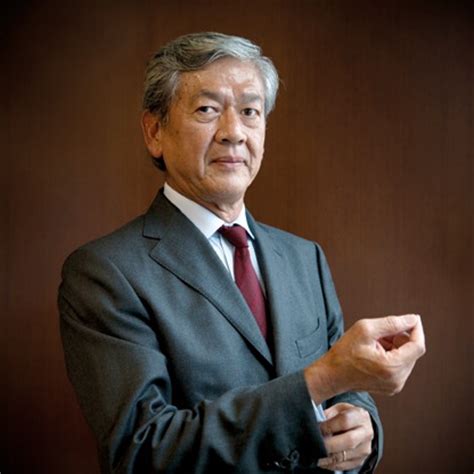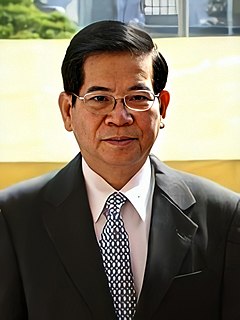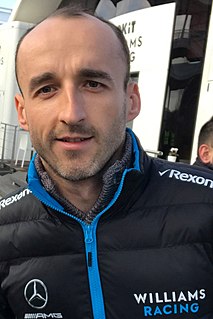A Quote by Andrew Adonis, Baron Adonis
Our European neighbours in France have invested in their infrastructure early and are now reaping the rewards later. This is because wherever high-speed rail has been built between the major cities and economic centres of a country - as in HS2 - it has exceeded demand forecasts.
Related Quotes
High-speed trains in Japan can now reach 375 mph - twice as fast as any public transit train in the United States. America's railroads were once the envy of the world. Today they are in disrepair and we are falling further and further behind the rest of the world. We need to rebuild our crumbling infrastructure, including rail. When we do that we not only make our country more productive and efficient, we create millions of new jobs.
By rebuilding transportation so that you're not owning this thing that just sits there all the time, you get to rebuild cities in the process. If we do this right as a country, we have a chance to re-create our cities with the people, rather than cars, at the center. Our cities today have been built for the car. They've been built for car ownership. Imagine walking around in the city where you don't see any parking lots and you don't need that many roads.
We are the only major developed nation that isn't investing meaningfully in high-speed rail, and I believe we're making a mistake. Transportation systems that are fast and efficient and environmentally clean are going to enable the formation of these new mega-regions, the heart of the spatial fix. We need to be able to accelerate the movement of people, goods, and services - the very movement of ideas, knowledge, and creativity - between our major population centers. We have to build these links.
The problem right now, which I've been pointing out very bluntly to American officials in Washington, is that the U.S. has no economic presence in Afghanistan. The Afghans can't point and say, "Oh, the Americans built that road. They built that telecommunications facility. They built that electricity powerhouse," because nothing has been built so far.
Our best long-term and intermediate cycles suggest another slowdown and stock crash accelerating between very early 2014 and early 2015, and possibly lasting well into 2015 or even 2016. The worst economic trends due to demographics will hit between 2014 and 2019. The U.S. economy is likely to suffer a minor or major crash by early 2015 and another between late 2017 and late 2019 or early 2020 at the latest.
We all have--to put it as nicely as I can--our lower centres and our higher centres. Our lower centres act: they act with terriblepower that sometimes destroys us; but they don't talk.... Since the war the lower centres have become vocal. And the effect is that of an earthquake. For they speak truths that have never been spoken before--truths that the makers of our domestic institutions have tried to ignore.































